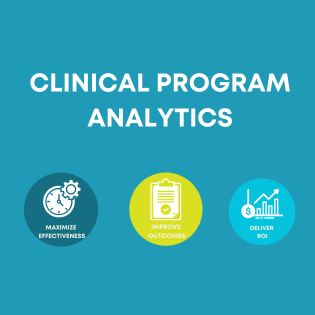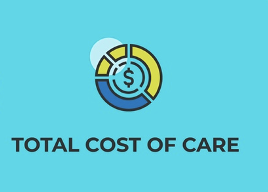How Technology is Changing the Way We See Claims Data Analysis
In January 2015, the Department of Health and Human Services (HHS) announced a plan to move away from Medicare fee-for-service payments with a goal of reaching 90% value-based payments by this year, 2018. Meanwhile, a survey of 300 healthcare executives revealed that more than half of the participants “either have not yet started value-based payment initiatives or have only started a few initiatives...”
Fortunately, technological advances in healthcare analytics allow you to use a more robust set of data to provide value-based care. For example, claims data on its own has limitations, but when you develop the capability to synthesize conventional claims data along with other structured and unstructured data, a more comprehensive view of the patient is formed. This new perspective can lead to breakthroughs in high-quality, predictive care which is why claims data analysis can be so critical.
Lower Loss, Big Gains
To improve value-based care, and create a healthier population, payors and providers will need to work together to ensure their data analytics includes both clinical and claims data. As CMS turns to interoperability as a top priority, it would be wise to develop the technological capability to draw insights from a wider range of data. Those that do will be better prepared for a patient-centric healthcare system.
If you have a specific claims data analysis or data analytics question or you’d like to learn more about the work we do with our clients, reach out to us here. We are here to help you navigate the ever-changing healthcare industry, using data analytics to achieve your business goals.





